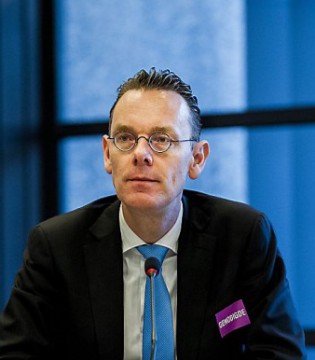Today, Sustainable Finance Lab and Circle Economy launch a policy paper that provides an overview of (financial) policy instruments that remedy the bottlenecks that slow down the financing of the circular transition.
The transition to a circular economy is an urgent societal task. The Dutch government has set itself ambitious goals: a fully circular economy in 2050 and halving the use of raw materials by 2030. However, there are various bottlenecks that slow down financing the circular transition. In this joint policy paper, SFL and Circle Economy provide insights into the role the government can play in overcoming these barriers.
Professor Arnoud Boot (UvA, chairman of Sustainable Finance Lab): “There is no ‘silver bullet’ that the government can use. In practice, the government will have to consider several interventions, identify its own shortcomings and be aware of the international context. These are questions that need to be answered in order to come up with concrete policy recommendations.”
An overview of the most important policy measures:
Pricing of externalities
From an economic point of view, the pricing of externalities is preferable: the pricing of the now unpriced costs caused by the extraction and processing of raw materials and waste. These costs are now passed onto the collective instead of the ‘polluter’. Circular initiatives, with a better environmental performance, are therefore not paying off.
Reward positive externalities, procurement and rules and regulations
Another option is to subsidize or invest in activities with positive externalities. The government can use its own procurement power, and give direction by setting standards through legislation and regulations, reducing uncertainty for financiers.
The financial sector as an indispensable part of the innovation system
Finally, it is important to recognize the financial sector as an indispensable part of the innovation system. Financial professionals need to develop their knowledge about circularity to be able to well assess the opportunities and risks of circular business models and value chains. Additionally, policies need to be geared to a long-term vision in the financial sector.
Harald Friedl (CEO Circle Economy): “Policy interventions are indispensable to accelerate a circular transition. This transition is essential to achieve a sustainable use of materials, but also to meet the Paris climate goals. In order to finance this transition, we need policies that do not favour the linear (disposable) economy, but the (regenerative) circular economy.”
Download the Dutch report here.



